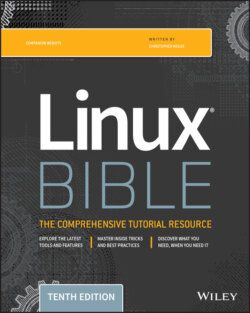Читать книгу Linux Bible - Christopher Negus - Страница 27
BSD loses some steam
ОглавлениеThe one software project that had a chance of beating out Linux to be the premier open source kernel was the venerable BSD project. By the late 1980s, BSD developers at University of California (UC), Berkeley realized that they had already rewritten most of the UNIX source code they had received a decade earlier.
In 1989, UC Berkeley distributed its own UNIX-like code as Net/1 and later (in 1991) as Net/2. Just as UC Berkeley was preparing a complete, UNIX-like operating system that was free from all AT&T code, AT&T hit them with a lawsuit in 1992. The suit claimed that the software was written using trade secrets taken from AT&T's UNIX system.
It's important to note here that BSD developers had completely rewritten the copyright-protected code from AT&T. Copyright was the primary means AT&T used to protect its rights to the UNIX code. Some believe that if AT&T had patented the concepts covered in that code, there might not be a Linux (or any UNIX clone) operating system today.
The lawsuit was dropped when Novell bought UNIX System Laboratories from AT&T in 1994. Nevertheless, during that critical period there was enough fear and doubt about the legality of the BSD code that the momentum that BSD had gained to that point in the fledgling open source community was lost. Many people started looking for another open source alternative. The time was ripe for a college student from Finland who was working on his own kernel.
